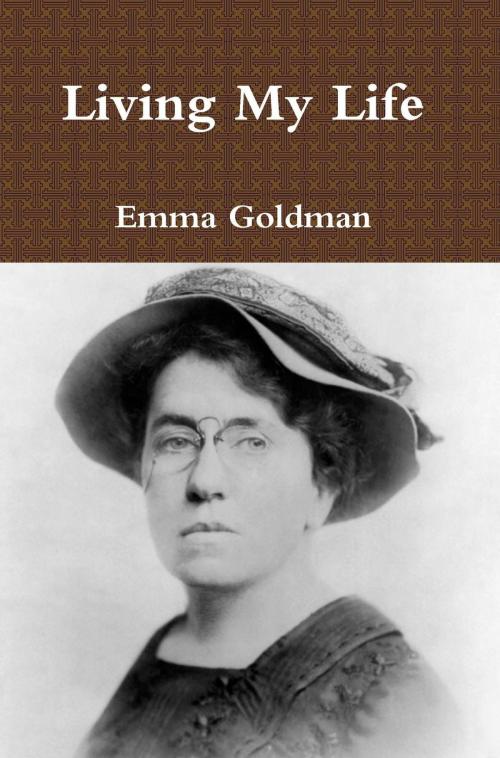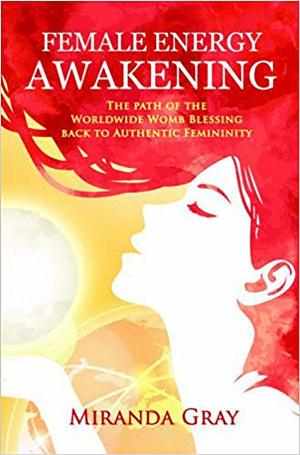| Author: | Emma Goldman | ISBN: | 9781773232416 |
| Publisher: | Upfront | Publication: | October 5, 2018 |
| Imprint: | Print On Demand | Language: | English |
| Author: | Emma Goldman |
| ISBN: | 9781773232416 |
| Publisher: | Upfront |
| Publication: | October 5, 2018 |
| Imprint: | Print On Demand |
| Language: | English |
Emma Goldman (1869-1940) played a pivotal role in the development of anarchist political philosophy in North America and Europe in the first half of the twentieth century and her influence remains strong to this day. Goldman became a writer and a renowned lecturer on anarchist philosophy, women's rights, and social issues, attracting crowds of thousands. She died in Toronto on May 14, 1940, aged 70. During her life, Goldman was lionized as a free-thinking "rebel woman" by admirers and derided by critics as an advocate of politically motivated murder and violent revolution. Her writing and lectures spanned a wide variety of issues, including prisons, atheism, freedom of speech, militarism, capitalism, marriage, free love, and homosexuality; she even developed new ways of incorporating gender politics into anarchism. After decades of obscurity, Goldman's iconic status was revived in the 1970s, when feminist and anarchist scholars rekindled popular interest in her life.
Emma Goldman (1869-1940) played a pivotal role in the development of anarchist political philosophy in North America and Europe in the first half of the twentieth century and her influence remains strong to this day. Goldman became a writer and a renowned lecturer on anarchist philosophy, women's rights, and social issues, attracting crowds of thousands. She died in Toronto on May 14, 1940, aged 70. During her life, Goldman was lionized as a free-thinking "rebel woman" by admirers and derided by critics as an advocate of politically motivated murder and violent revolution. Her writing and lectures spanned a wide variety of issues, including prisons, atheism, freedom of speech, militarism, capitalism, marriage, free love, and homosexuality; she even developed new ways of incorporating gender politics into anarchism. After decades of obscurity, Goldman's iconic status was revived in the 1970s, when feminist and anarchist scholars rekindled popular interest in her life.















